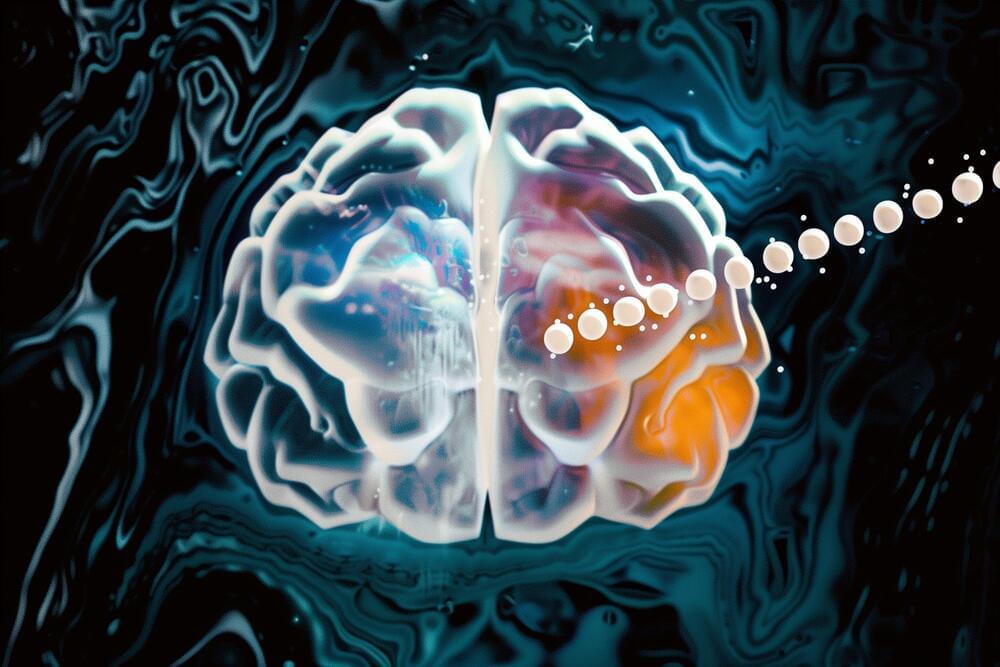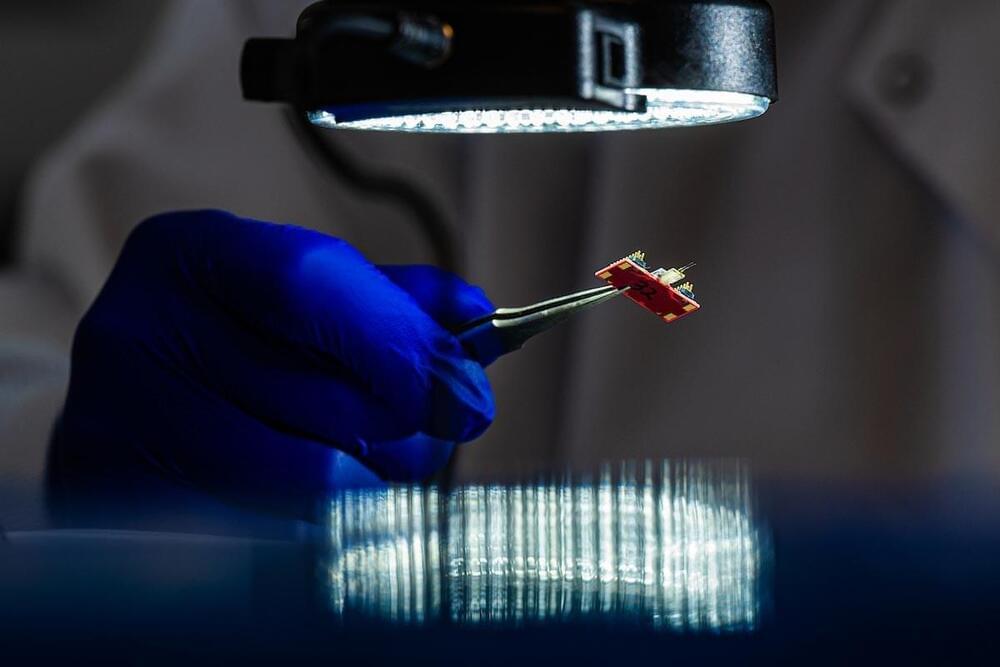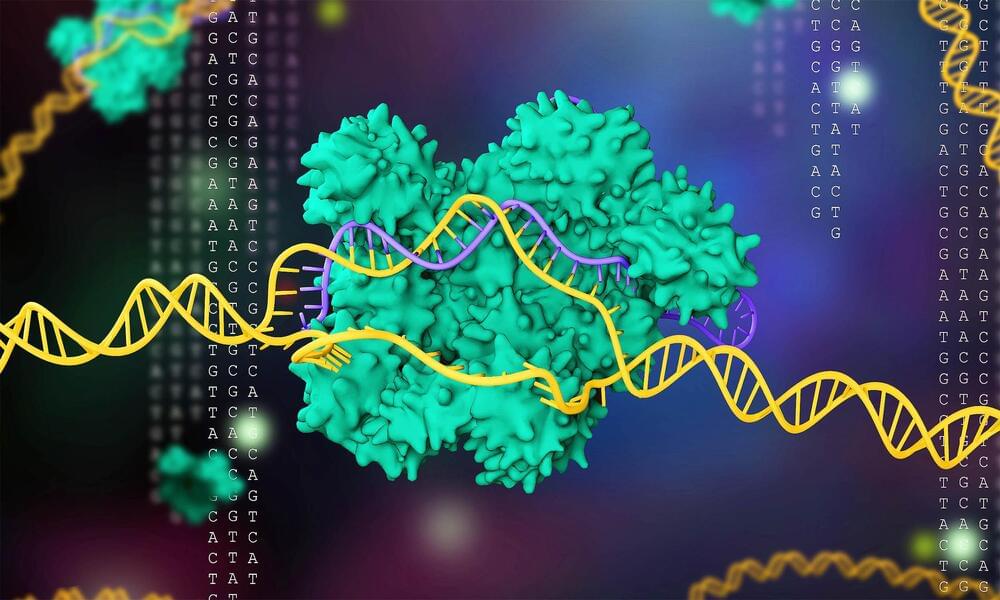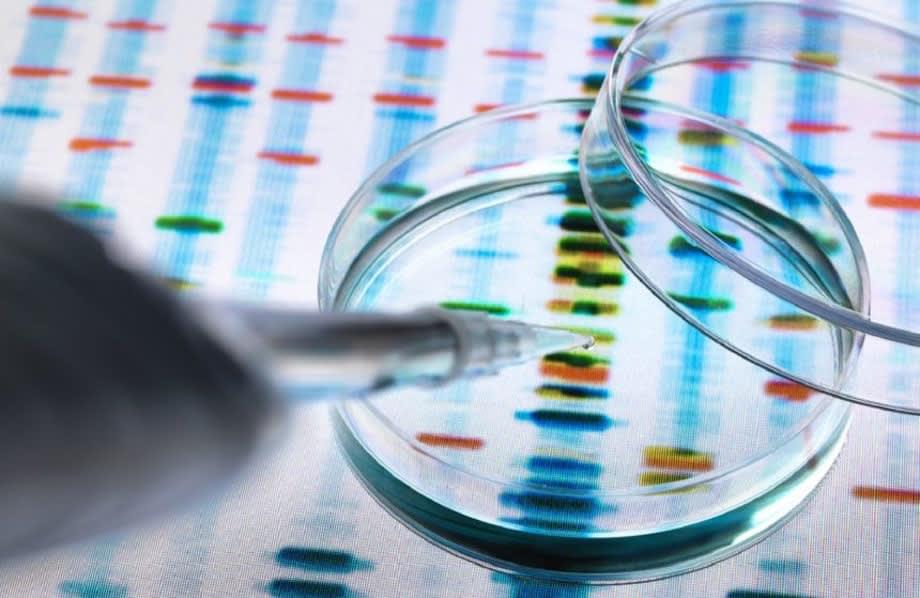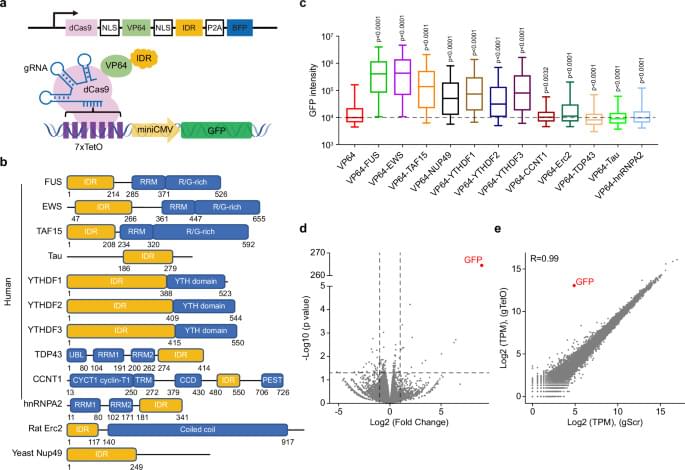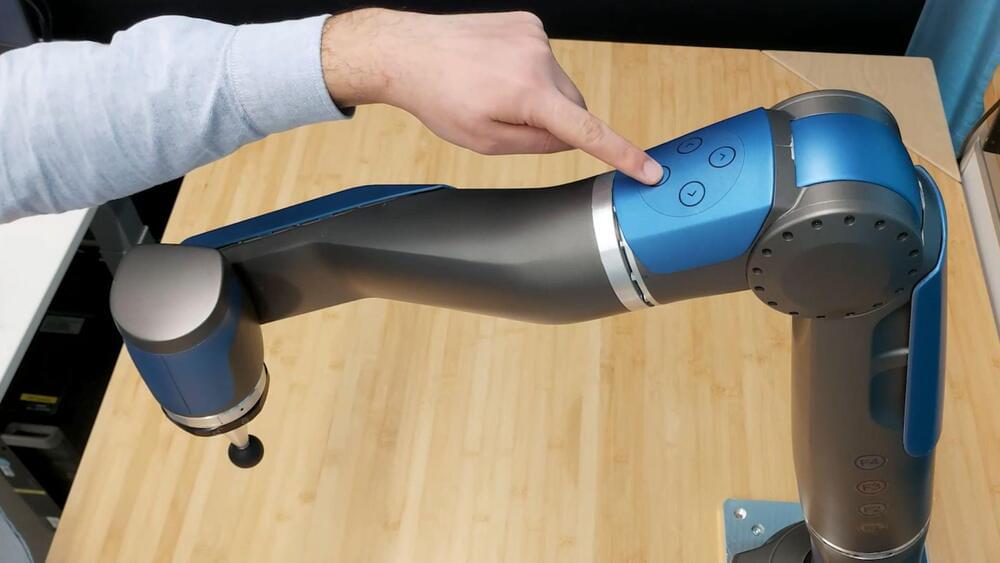Aug 23, 2024
Unlocking the Universe With AI and Next-Gen Telescopes
Posted by Saúl Morales Rodriguéz in categories: cosmology, physics, robotics/AI
Modern astrophysics has enabled scientists to observe the universe with unprecedented clarity, from exoplanets to entire galaxies.
Despite our galaxy blocking some views, advanced tools like the James Webb Space Telescope and upcoming projects such as the Square Kilometre Array are pushing the boundaries of our cosmic understanding. Visualization techniques help researchers explore the universe in both space and time, revealing phenomena like fast radio bursts. Looking ahead, scientists hope to capture images of distant exoplanets and unravel mysteries such as dark energy and the expansion of the universe.
Observing the universe: from exoplanets to galaxies.

